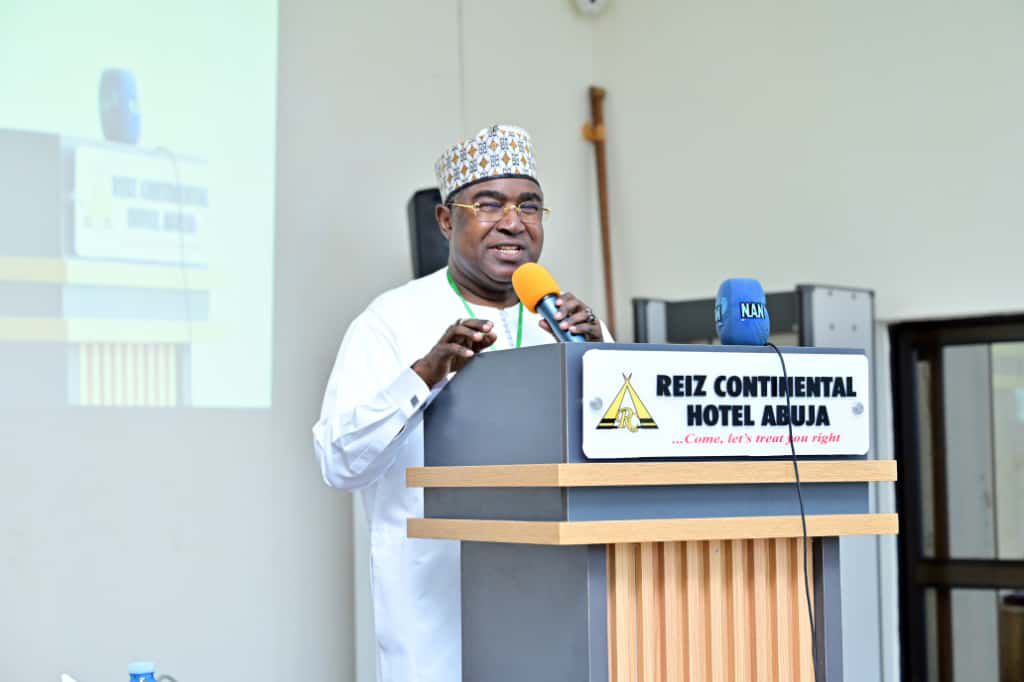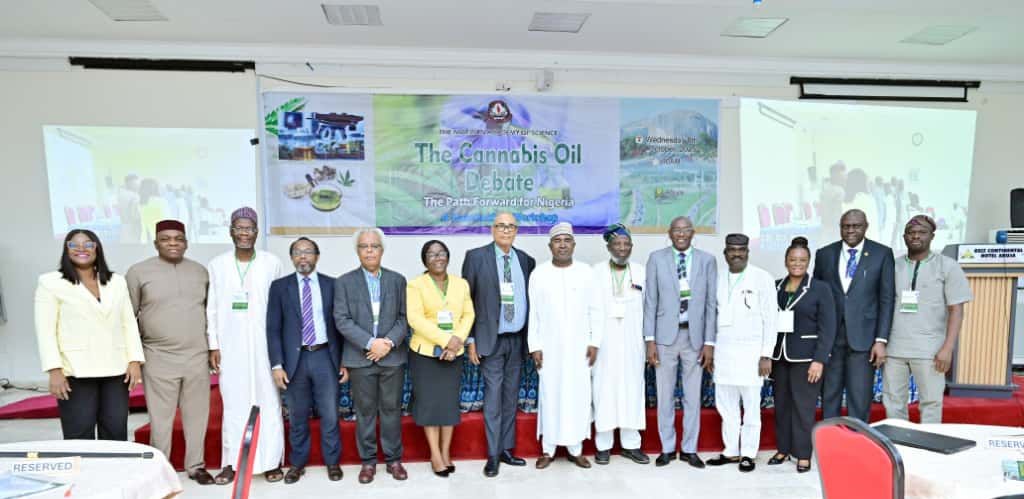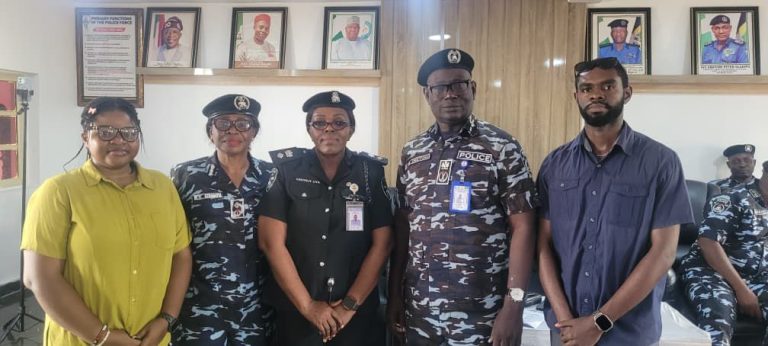
The Chairman and Chief Executive Officer of the National Drug Law Enforcement Agency (NDLEA), Brig. Gen. Mohamed Buba Marwa (Retd) has clarified that while the agency is not opposed to the controlled export of cannabis oil for medical or industrial purposes, it remains firmly against its domestic consumption in Nigeria.
Marwa made the position known at a stakeholders’ workshop themed “Cannabis Oil Debate: The Path Forward for Nigeria,” organized by the Nigerian Academy of Science (NAS) in Abuja on Wednesday.
Speaking through the NDLEA’s Director of Media and Advocacy, Femi Babafemi, Marwa said the agency welcomes open, evidence-based dialogue on the issue but insists that national policy must prioritize public health and safety.
“At the NDLEA, our position on cannabis oil is simple: we welcome dialogue, but we believe Nigeria must make informed choices, not decisions driven by half-truths, commercial interests, or global trends,” Marwa said. “Cannabis oil may have medicinal properties worth investigating, but it also carries health risks, potential for misuse, and implications for public safety.”
He explained that the NDLEA would not oppose the regulated export of cannabis oil to countries where it is approved for therapeutic use, provided such operations are strictly licensed, monitored, and confined to export-free zones.
“Policy must protect lives, safeguard public health, and strengthen—not weaken—our fight against drug abuse,” Marwa stressed.

The NDLEA boss warned that local consumption remains a concern due to the potential for abuse and mental health implications. He cited findings that link prolonged cannabis use to anxiety, depression, psychosis, cognitive impairment, and addiction—risks that could worsen Nigeria’s already high drug abuse prevalence rate of 14.4 percent, compared to the global average of 5.6 percent.
Marwa also cautioned that the lack of standardization and regulation in the production of cannabis oil globally could result in contamination and unsafe use, further emphasizing the need for strong safeguards before any policy shift.
“While cannabis oil may hold medical potential, its dangers are real and must be addressed with strict control mechanisms,” he said.
Highlighting NDLEA’s broader strategy, Marwa noted that the agency launched Africa’s first Alternative Development Project in 2023 to discourage illicit drug cultivation and promote sustainable livelihoods.
“The project aims to tackle poverty, ignorance, and unemployment that push people into illegal economies, including cannabis cultivation,” he said. “We are working to redirect communities towards food crop farming and other productive ventures.”
In his remarks, President of the Nigerian Academy of Science, Prof. Abubakar Sambo, represented by Vice President Prof. Friday Okonofua, said the workshop sought to reach a science-based consensus on the issue of cannabis oil use.
“At the end of the day, we hope to produce an evidence-based report that will guide national policy on cannabis oil,” he said.
Chairman of the NAS Study Committee on Cannabis Oil, Prof. Musbau Akanbi, commended NDLEA’s proactive collaboration with the Academy, noting that the committee had reviewed extensive global literature and will consolidate expert input to support evidence-driven decision-making.
Also speaking, Dr. Samuel Adekola, who represented Ondo State Governor Lucky Aiyedatiwa, said the discussion offers Nigeria an opportunity to move “from debate to design, and from potential to policy,” calling for constructive engagement toward a balanced national framework.
Delivering the keynote address, Prof. Oye Gureje, Director of the WHO Collaborating Centre for Research and Training in Mental Health, Neurosciences, and Substance Abuse, University of Ibadan, observed that while evidence points to limited medical use of cannabis, widespread recreational use increases the risk of psychosis and other public health concerns.




